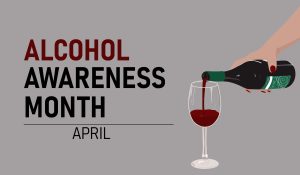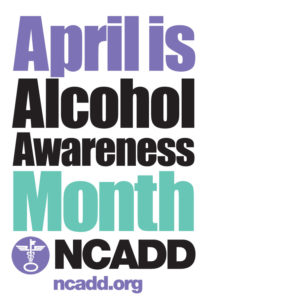 Alcohol consumption is extremely common in the United States, with nearly 80% of the population aged 12 or older drinking it at some point in their lifetime. Of this number, approximately 12.1% of men and 9.1% of women experience an alcohol use disorder, which is defined as an impaired ability to stop or limit the amount of alcohol consumed despite negative social or physical consequences.
Alcohol consumption is extremely common in the United States, with nearly 80% of the population aged 12 or older drinking it at some point in their lifetime. Of this number, approximately 12.1% of men and 9.1% of women experience an alcohol use disorder, which is defined as an impaired ability to stop or limit the amount of alcohol consumed despite negative social or physical consequences.
Some of the primary risk factors for alcohol addiction are the amount, frequency, and speed of your alcohol consumption. It is generally recommended for men to limit their drinking to two alcoholic beverages per day and for women to only consume one drink per day. Frequently drinking too much and too quickly increases your risk of developing an alcohol addiction over time.
Other factors also increase your risk of developing an alcohol use disorder. These include:
Drinking at an early age: People who begin to drink before the age of 15 are over five times more likely to develop an alcohol use disorder than people who waited until the legal age of 21. This risk is higher for women than for men.
A family history of alcohol abuse: A combination of genetics and environmental factors, such as the drinking habits of one’s parents, contribute substantially to an individual’s likelihood of developing an alcohol use disorder.
Mental health conditions: People who experience mental disorders such as depression, post-traumatic stress disorder, and attention deficit hyperactivity disorder, particularly those who have experienced some form of childhood trauma, are at an increased risk of alcohol addiction.
While a serious and widespread problem, alcohol addiction is not the only dangerous form of alcohol misuse. Approximately one in six American adults engages in binge drinking, which involves consuming five or more drinks on one occasion for men or four or more drinks for women.
Excessive drinking of any kind, even when it isn’t related to an alcohol dependency, carries significant potential health risks such as:
- Physical injuries due to vehicle crashes, alcohol poisoning, violence, or other factors
- Sexually transmitted diseases
- Unintended pregnancies
- Fetal alcohol spectrum disorders
- Sudden infant death syndrome
- Chronic diseases
- Long-term cognitive problems
If you are experiencing an alcohol use disorder, Flushing Hospital Medical Center’s Division of Addiction Services can help. To learn more about our Chemical Dependence Unit, a safe place to experience alcohol withdrawal, please call (718) 670-5693 or (718) 670-5540. To learn more about our Reflections addiction treatment program, please call (718) 670-5078.
All content of this newsletter is intended for general information purposes only and is not intended or implied to be a substitute for professional medical advice, diagnosis or treatment. Please consult a medical professional before adopting any of the suggestions on this page. You must never disregard professional medical advice or delay seeking medical treatment based upon any content of this newsletter. PROMPTLY CONSULT YOUR PHYSICIAN OR CALL 911 IF YOU BELIEVE YOU HAVE A MEDICAL EMERGENCY.

